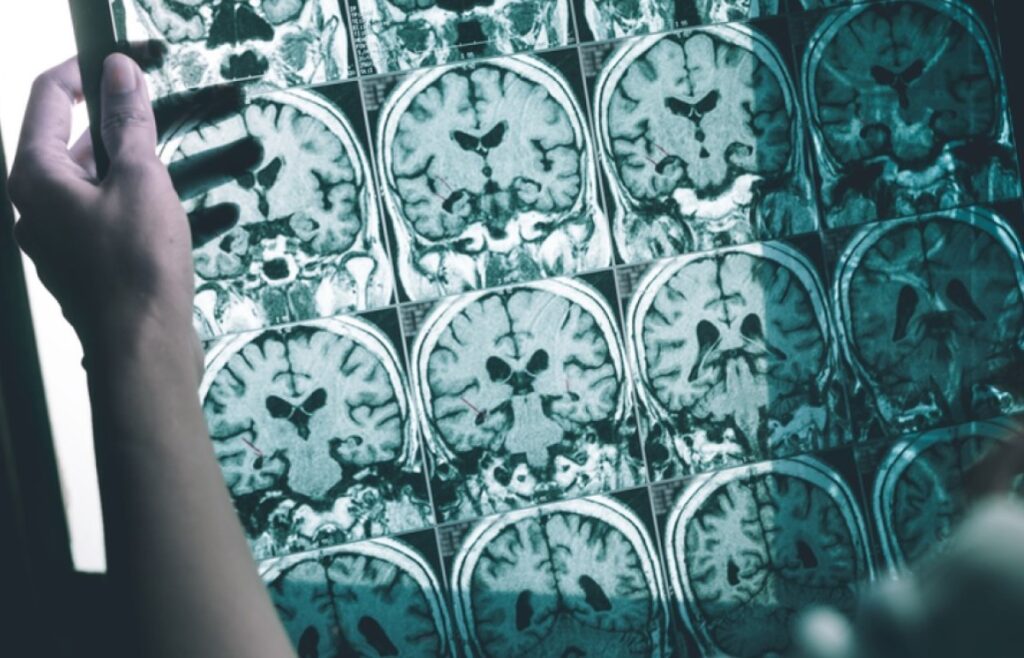Everybody’s memory goes a little haywire from time to time… Some people like to use the term “brain farts.” Nonetheless, these lapses in memory can be caused due to a number of reasons like an overly busy day at work or just simply being tired… Just because you forgot where you left your keys or forgot where you parked doesn’t necessarily mean that your brain is deteriorating.
On the opposite end of the spectrum, there are certain kinds of ongoing memory problems that would cause great concern and deem it necessary to seek help from a neurologist. But, ongoing memory issues don’t just happen overnight, they happen over time, and prevention is key to slowing the emergence of such neurodegenerative complications.
Neurodegeneration is an age-related deterioration of neuron structures and functions which sometimes kill certain parts of the brain. The death or deterioration of these neurons is the direct cause of cognitive disabilities and certain dementias.
Protecting the health of your brain plays a critical role in the preservation of your brain. People tend to think that the deterioration of the brain is just a natural part of aging, and it is, but what many don’t realize is that the lifestyle choices we make and foods we consume weigh heavily on the health of our brains.
What are neurodegenerative diseases?

Neurodegenerative diseases are illnesses or conditions that cause death to certain areas of the brain. They’re incurable and oftentimes cause debilitating conditions of physical and mental health. Some of the most common neurodegenerative diseases include:
- Parkinson’s Disease
- Alzheimer’s Disease
- Huntington’s Disease
- Spinal Muscular Atrophy Disease
- Motor Neurone Diseases
Dementias are the greatest burden of neurodegenerative diseases, making up for 60-70% of all dementia cases.
But again, prevention is key and the sooner you start to take care of your brain health through f lifestyle choices, the longer you can push off some of the most devastating and debilitating conditions associated with neurodegenerative diseases.
Lifestyle Choices to Protect the Health of Your Brain
Incorporate Activities to Keep Your Mind Stimulated

When most people think of mental stimulation, they automatically think of games and puzzles, and despite the fact that those activities are great ways to keep your mind stimulated, they’re not the only way to do so.
Mental stimulation can come in the form of great conversations and learning new things. For example, maybe you join a book or dance club, take cooking classes, or start your own garden. The point is to engage in activities that train your brain, not strain it… anything to get your neurons to communicate.
Consume a Well-Balanced Diet to Absorb the Proper Nutrients Your Body Needs

Research and various studies have shown that compounds and nutrients found in certain foods can help prevent the progression of Alzheimer’s Disease. Watching what we eat as well as how much we eat all play a role in the health of our brain and the overall functioning of our bodies.
As a population, we are in our own pandemic with food. Processed foods and refined sugars have been known to slow brain functioning. High blood sugar is linked to increasing your risk of dementia, even if you don’t have diabetes.
Fresh fruits and vegetables are one of the best ways to get your daily intake of the vitamins and nutrients your body needs. In addition to that, sometimes as we get older, our bodies aren’t able to produce the proper cells and functioning properties that allow blood flow to the brain. Because of that, it’s very necessary to give your body the nutrients it needs with the help of certain supplements.
Nicotinamide Mononucleotide (NMN) is a molecule and direct precursor to the essential molecule nicotinamide adenine dinucleotide (NAD+) which is vital in communication to the brain in increasing cognitive brain functioning. As a supplement, NMN speeds the body’s production of NAD+, which, in turn, defends against neurodegeneration, according to nmn.com.
Incorporate Habits to Reduce Your Stress Levels

Have you ever heard people say “stress will kill you?” If you have, that’s because it’s absolutely true. Stress has been a direct link to heart attacks, strokes, high blood pressure, and other health problems. That reason alone is why it’s so important to develop habits to unwind from daily stress.
There are several factors that cause daily stress. Everything from lack of sufficient sleep to demanding work responsibilities, no one is immune to the symptoms of stress, but the key to combatting stress is to first determine what’s causing your stress.
Could it be your workload at work? Or could it be finances/bills? Whatever the case may be, the sooner you determine the source of your stress, the sooner you can work towards a resolution. Some effective ways to handle stress include:
- Exercise
- Meditate
- Yoga
- Talk to close friends
- Find new hobbies
Ensure You’re Getting Plenty of Rest

When you take the time to get plenty of rest, you’re giving your brain the ability to reset and recharge. Rest doesn’t always mean going to sleep either, sometimes it just means taking time out to let your mind be free of being overstimulated. Whether it’s taking a nap, watching TV, or enjoying a relaxing bubble bath, allowing your brain the opportunity to rest is important to overall brain health.
Exercise Regularly

An active lifestyle is one of the key factors to a healthy mind. Running, jogging, walking, swimming, or riding a bike are all great ways to maintain a healthy lifestyle. Taking as little as 30 minutes to an hour will make a world of difference in your physical and mental health. Exercising regularly has been known to cause physical changes to the body and release endorphins that boost your mood.
Regular exercise doesn’t mean to do it every day but if you can incorporate some form of physical activity to get your heart rate up and increase your blood flow, you’ll be on the right track to not only improving your brain health but the overall functioning of your body as well.









